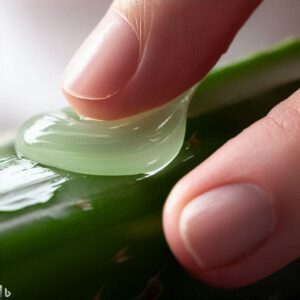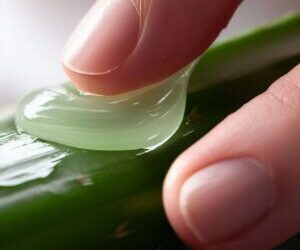Many people believe that herbal remedies do not have any scientific evidence behind them, but this is not true. Hundreds of herbs have undergone thousands of scientific studies, and some of them have even been used as long-term clinical trials for various diseases. Herbal remedies are water-soluble substances, and infusions are by far the easiest form to take. They can also be added to baths, douches, enemas, and mouthwashes.
Herb-infused oil made from St. John’s Wort will turn a deep red color when squeezed between your fingers. St. John’s Wort oil contains anti-inflammatory and analgesic properties and is effective for minor cuts and burns. It also restores nerves and tissues. It is very effective at reducing pain and inflammation and can also be used as a lubricant for wounds. It should be applied to the affected area and allowed to cool down completely before applying any cream or lotion.
Before using any herbal remedy, talk to your health care provider. Some herbs interact with prescription drugs. People who are pregnant or nursing should consult with their doctor before using herbs. Additionally, people who have serious health conditions should consult with their doctors. In some cases, herbs may cause side effects if used in high amounts. One example is ephedra, an herb used in weight loss and energy enhancement. These herbs should only be taken in low doses and under the guidance of a health care professional.
One herbal remedy that helps fight the symptoms of chest congestion is ginger. Ginger has antibacterial, anti-inflammatory, and antiviral properties that help loosen phlegm in the respiratory system. Ginger is best taken as a home remedy. Make ginger syrup by boiling fresh ginger in water and then cooling it to room temperature. Ginger syrup provides significant benefits and can also help people breathe more comfortably. Just be sure to follow the directions on the container for proper dosage.
Sage is another excellent herbal remedy for coughs and congestion. It is also used in Germany as a treatment for excessive sweating. Some people swear by sage for reducing the onset of menopause-related hot flashes and night sweats. It is easy to use, and can be consumed in tea form or as a tincture. However, you should avoid taking sage essential oil internally. For these reasons, you should always check with your health care provider before using an herbal remedy.

Poultices are another herbal remedy. Poultices are herbal pastes that are applied to a skin condition. It can relieve inflammation and draw out toxins. It has been used for thousands of years in Thailand for treating pain and inflammation. It can also improve the flow of energy. It can be applied to the affected area and can last for as long as an hour. These poultices can help you recover faster from physical and mental stress.
Medicinal plants are commonly extracted by boiling water to extract their constituents. Herbal formulas can be consumed by a patient in the form of powder, pill, or alcohol-based tinctures. Some of these formulas are even available in commercially produced forms. Most people prefer the convenience and uniformity of commercial herbal products. Nevertheless, you can also prepare homemade herbal remedies to relieve the symptoms of your psoriasis.

![herbal-remedies-for-healing-with-home-remedies-3-books-in-1-boxed-set[1]](https://ayurvedluxury.com/wp-content/uploads/2022/04/herbal-remedies-for-healing-with-home-remedies-3-books-in-1-boxed-set1.jpg)







